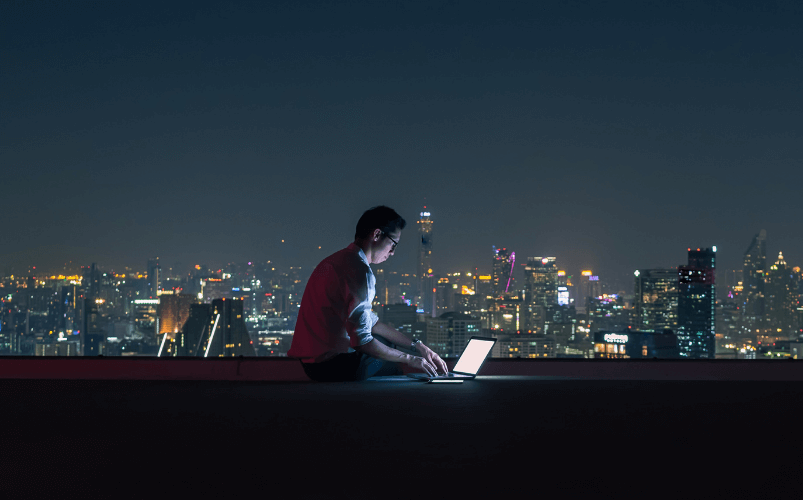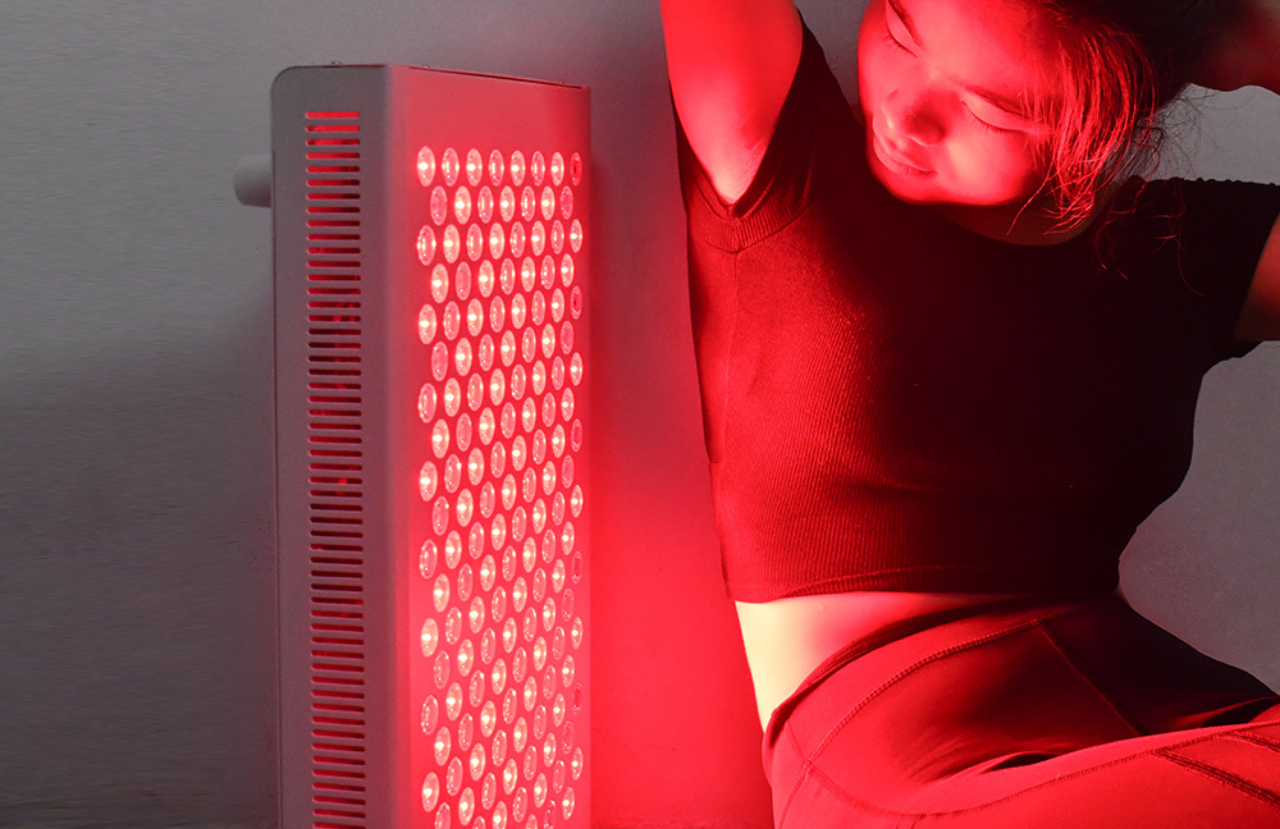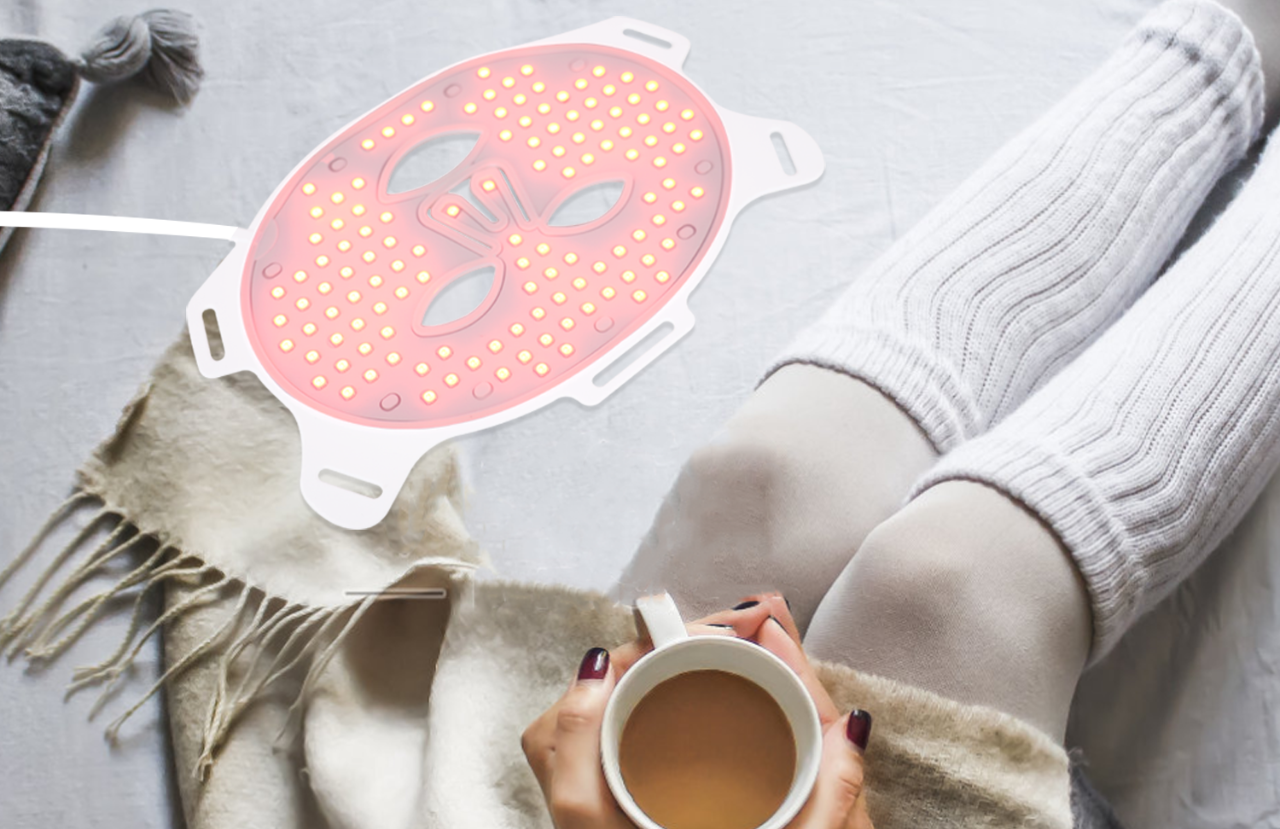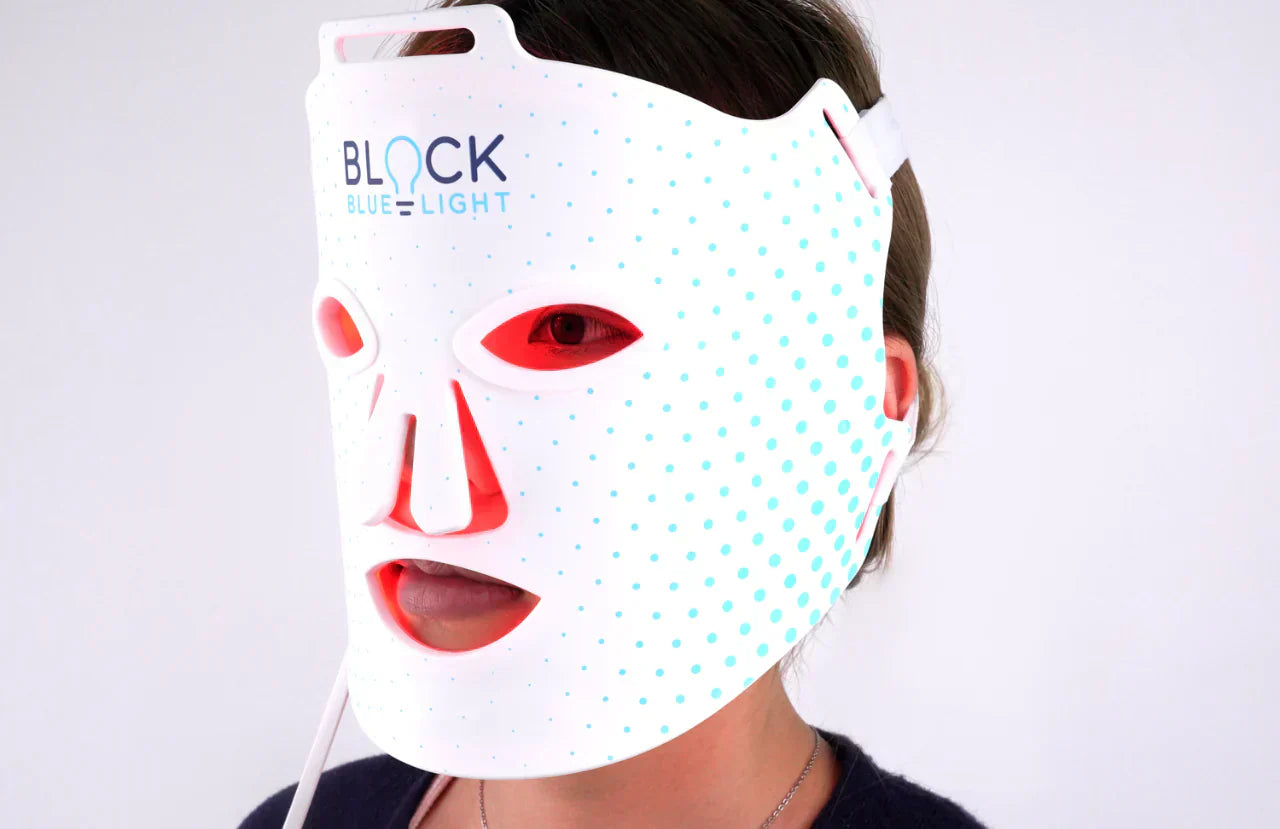Most people today use computer and mobile phone screens as if there no consequences. But there are some of us who have found what seems like a useful way to combat its effects – the f.lux blue light filter app.
Using computers, television and mobile phone screens all the time can lead to eye strain and pain in your eyes because you’re constantly exposed to blue light. Our monitors expose all of us to the full spectrum of light wavelengths, so you can see blues and greens (cool colours) as well as oranges and reds (warm colours).
The f.lux blue light filter app, however, appears to be a very convenient way to reduce our exposure to blue light. All you really have to do is activate the app, and it changes the total colour spectrum that is emitted from your computer’s screen.
While there are many ways that we can combat blue light and its effects, is the f.lux blue light exposure app one of them? Below, we’ll look into f.lux, how blue light works, and whether the app is a useful tool to mitigate its harmful effects.
First, what is blue light and how does it affect human health?
Before we talk about f.lux in any further detail, it is useful to know a little bit more about blue light and how it can affect our health. Blue light is actually a type of artificial light, emitted from electronic devices like phones, laptops, televisions, computers and tablets. Blue light has the effect of boosting our alertness and helping us be productive, but too much of it is never a good thing.
That’s because blue light is an a type of light with a wavelength of 380-500 nanometres (nm). It has a shorter wavelength which means it can scatter much more easily. The effects of looking at blue light for too long can cause serious health problems in human beings such as heart disease and cancer. It can also cause sleep disorders like insomnia, sleep phrase disorder (DSPD). It may also cause ‘eye strain’ and other forms of eye damage like retinal degeneration.
What is f.lux and how does it work?
F.lux is a popular computer application that markets itself as an app whereby you can lower the level of blue light on your screen, thereby acting like the natural variations of regular daylight. You download the app on your computer (both on PC and Mac).
The f.lux app changes the colours on your screen so that the blue colour sub-pixels in the display of your LCD screen quite literally shut off. Usually, your screen will be made up of pixels, each of which has a sub-pixel of different colours being red, blue and green. These sub-pixels can be turned off individually.

F.lux is adjusted to the position of the sun in sky. When the sun sets, the app automatically changes the colour on your screen so that it is a sort of reddish amber. However, if you activate f.lux to its most extreme, you can shut every single blue sub-pixel off.
Does f.lux really filter out blue light?
Yes, it does. It is able to filter out the blue light from screens by shutting off the blue sub-pixels within the pixels of your screen. These pixels don’t actually emit light – rather, they ‘filter’ the light.
Pixels, however, will always leak some light. This will even be the case when they are completely turned off (a phenomenon known as LED ‘backlight bleeding’).
This means that f.lux cannot filter out all blue light.

A computer monitor with LED screen backlight bleed
What about other blue light filter apps, like Night Shift?
Night Shift is an app that was introduced by Apple. It automatically adjusts the colours on your iPhone’s screens to warmer hues when the sun goes down and the sky becomes dark.
But it still does not completely resolve the problem of blue light being emitted from our screens and affecting our health.
Below, we’ll explain a little more why this is the case.
Why the f.lux blue light app (and others) are not ideal blue light solutions
While blue light solutions like the f.lux blue light app are free and easy solutions, they are not ideal. And it all stems down to the fact that they do not act as a proper filter to remove all blue light.
The f.lux app simply reduces blue light, but it does not completely block it out. This is because all screens will still suffer from ‘backlight bleeding’ – this is light metaphorically ‘bleeding’ from the backlight and the edges. F.lux cannot pick this up – nor can Night Shift or other apps.
The consequences of this are that the f.lux app and Night Shift functions still do not solve the problem of regular blue light exposure. All the blue light in your devices will continue to disturb your circadian rhythm (i.e. that internal clock running inside your brain that cycles between being alter and being sleepy) and also cause you ‘eye strain’.
Using our phones and watching a Netflix binge on a regular basis really does disturb this rhythm. The result is we struggle to focus and sort of feel ‘out of it’. If you suffer from sleep deprivation, the consequences are suffering from:
- Anxiety
- Obesity
- Diabetes
- High blood pressure
- Heart disease
- Cancer
We therefore suggest you find alternatives to f.lux and other blue light filter apps. The good news is that there are other ways to protect your eyes, which we’ll outline in more detail below.
How to protect your eyes without relying only on the f.lux blue light app
The f.lux blue light app is a good start, but you shouldn’t rely on it alone to protect your eyes. Here are two ways you can effectively protect your eyes from computer screens and harmful blue light emission from other devices without using these apps.
Don’t look at screens at least 2 hours before you go to bed
Stop using your electronic devices at night-time – at the very least, stop using screens just two hours before going to bed.
Now, we understand that this sounds a lot easier than it actually is for many people. Our jobs might keep us awake at night. Our Netflix binge may be the highlight of our day, as we immerse ourselves into a world very distant from our own. Scrolling through TikTok or Instagram Reels may also simply be too hard for us to resist in many circumstances.
Cue the second way to protect your eyes.
Invest in high-quality blue light glasses
Investing in a pair of blue light glasses is an excellent solution. This is even the case if you don’t stop or reduce your screen time.
Wearing blue light glasses can help prevent eye strain, improve your sleep and maintain your overall health by completely block out blue light.
Block Blue Light have developed excellent daytime glasses and nighttime blue light glasses to entirely eliminate your exposure to blue light while your using the computer, your phone or other blue light emitting devices.
Our daytime glasses come in clear lens and yellow lens options. The ScreenTime clear lens computer glasses are crafted to allow good light into the eyes, keeping us alert and in good health, while filtering out harmful blue light. ScreenTime reduces blue light by 50% across the spectrum and targets blue light at the 455n range. By contrast, our DayMax yellow lens glasses is the next level up, designed to block 100% of blue light at the lower range (400-455nm).

Our nighttime glasses are designed to work against the ‘rise and shine’ message your brain receives when you’re exposed to blue light at night. Our amber lens ‘Sundown’ glasses option is designed to block 100% of blue light, and are best worn around 2-3 hours before going to bed. While our red lens ‘nightfall’ glasses block not only 100% of blue light, but also 100% of green light up to 550nm.

The technology we use for our glasses is crafted to reduce blue light by 50% across the blue light spectrum. Our clear lens computer glasses in particular are made to target blue light at the 455nm range. This is absolutely integral because that’s the strongest wavelength emitted from our digital devices.
Get in touch with our professional team at Block Blue Light if you have any further questions about the f.lux blue light app, blue light glasses or how blue light can affect you.





